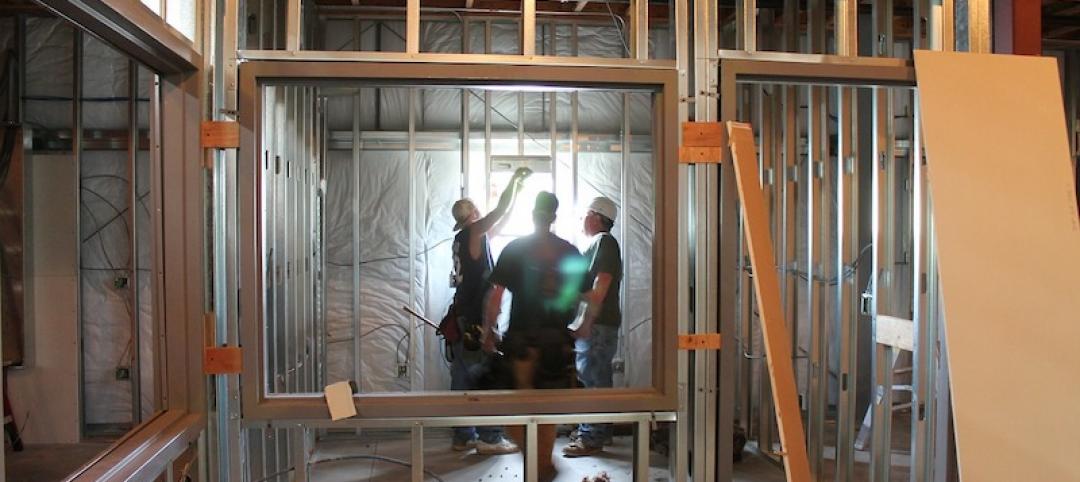The Florida Legislature recently passed a bill to beef up building inspection requirements for many of the state’s condominiums.
The bill, which is expected to be signed by the governor, will require milestone inspections of condominiums three stories in height or taller within three miles of the coast when the buildings reach 25 years of age, and of buildings more than three miles inland when they reach 30 years of age. Buildings will then be required to have an inspection every 10 years thereafter with inspection records made available to buyers, renters, and unit owners.
The bill’s passage comes nearly one year after the Champlain Towers South condominium collapse in Surfside, Fla., killed 98 people. Following the building collapse, the International Code Council, the National Institute of Building Sciences, the Building Owners and Managers International (BOMA), and the Building Officials of Florida (BOAF) created a group of experts to advise policymakers and create guidelines that could be used to help prevent future catastrophic building collapses. The work of this group informed the crafting of the bill.
Forty percent of Florida jurisdictions have no property maintenance code in place or have adopted a property maintenance code developed in the late 1970s. Only about 3% of Florida jurisdictions have implemented a periodic recertification or inspection safety program for existing buildings.
Related Stories
Codes and Standards | May 8, 2020
New NIBS report evaluates natural disaster mitigation strategies
Document examines strengthening buildings for flood, wind, wildfires, and earthquakes.
Codes and Standards | May 6, 2020
A few ways contractors can manage COVID-19 risks
Staggered start times, rigorous tool cleaning, virtual training among the strategies.
Codes and Standards | May 5, 2020
NAHB loses influence in 2021 IECC building code development
Despite objections from the National Association of Home Builders (NAHB), the development of the 2021 International Energy Conservation Code (IECC) is nearing conclusion. NAHB objected to several more stringent energy efficiency provisions.
Codes and Standards | May 5, 2020
2020 IECC will lead to significant carbon emissions reductions
New model building code nearly finalized.
Codes and Standards | May 4, 2020
New York expands prevailing wage law
Now includes private projects with 30% or more of public subsidies.
Codes and Standards | May 1, 2020
OSHA says most employers don’t have to track worker COVID-19 infections
Agency clarifies responsibility for contractors, others.
Codes and Standards | Apr 29, 2020
New York City tightens restrictions on construction during pandemic
Dept. of Buildings has issued more than 100 violations and stop-work orders.
Codes and Standards | Apr 28, 2020
ASHRAE, WELL panels to tackle revising standards to limit spread of viruses in buildings
Will examine ways to reduce infectious threats through building designs and operations.
Codes and Standards | Apr 24, 2020
Dept. of Labor issues guidance for respiratory protection during N95 shortage
Elastomeric respirators or powered, air-purifying respirators, and expired N95s are allowable alternatives
Codes and Standards | Apr 23, 2020
Group will create ecosystem for smart building data
Seven Finnish companies aim to integrate all technical systems into a single platform.

















